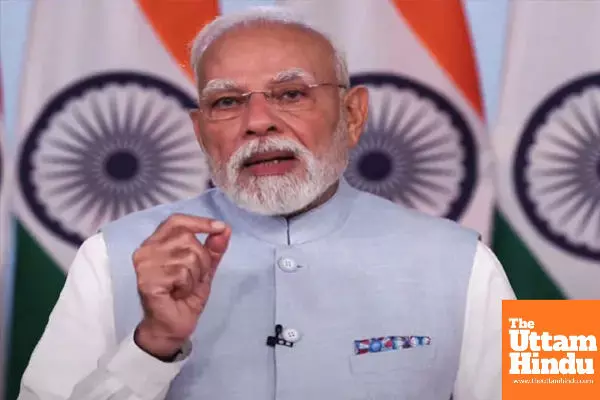
New Delhi (The Uttam Hindu): In a major relief for nearly 4.6 million Central Government employees and pensioners, the Centre has approved a long-awaited revision of Central Government Health Scheme (CGHS) rates after almost a decade. The new treatment rates will come into effect from October 13, aiming to end the long-standing issue of private hospitals refusing cashless treatment under CGHS.
As per the revised order, the government has increased hospital package rates by an average of 25–30% and issued strict directions to all empanelled private hospitals to accept the new rates without exception.
Why was the revision needed?
For years, CGHS beneficiaries faced repeated refusals from private hospitals for cashless treatment. Hospitals claimed that the old CGHS rates, last revised in 2014, were too low compared to the current medical costs. As a result, employees and pensioners had to pay hospital bills upfront and wait months for reimbursement.
After continuous pressure from employee unions and associations, the government finally stepped in with a comprehensive reform.
How will the new rates be determined?
The government has developed a transparent and practical formula to fix hospital rates, based on four key parameters:
Hospital Accreditation (NABH/NABL): Accredited hospitals will receive higher rates.
City Category: Different rates will apply for X, Y, and Z class cities.
Type of Hospital: Super-speciality hospitals will get 15% higher rates.
Type of Ward: A 5% difference will exist between general and private ward charges.
Strict directives for hospitals
The Health Ministry has made it clear that any hospital failing to accept the revised rates by October 13 will be de-empanelled from the CGHS network. Additionally, all hospitals must sign a fresh Memorandum of Agreement (MoA) within 90 days to continue offering CGHS services.
Direct benefit for employees & pensioners
This reform is expected to ensure seamless cashless treatment for government employees and pensioners, eliminating the need to arrange large sums for medical expenses or go through lengthy reimbursement procedures. Experts call it a milestone step towards making the CGHS system more reliable, transparent, and patient-friendly.
